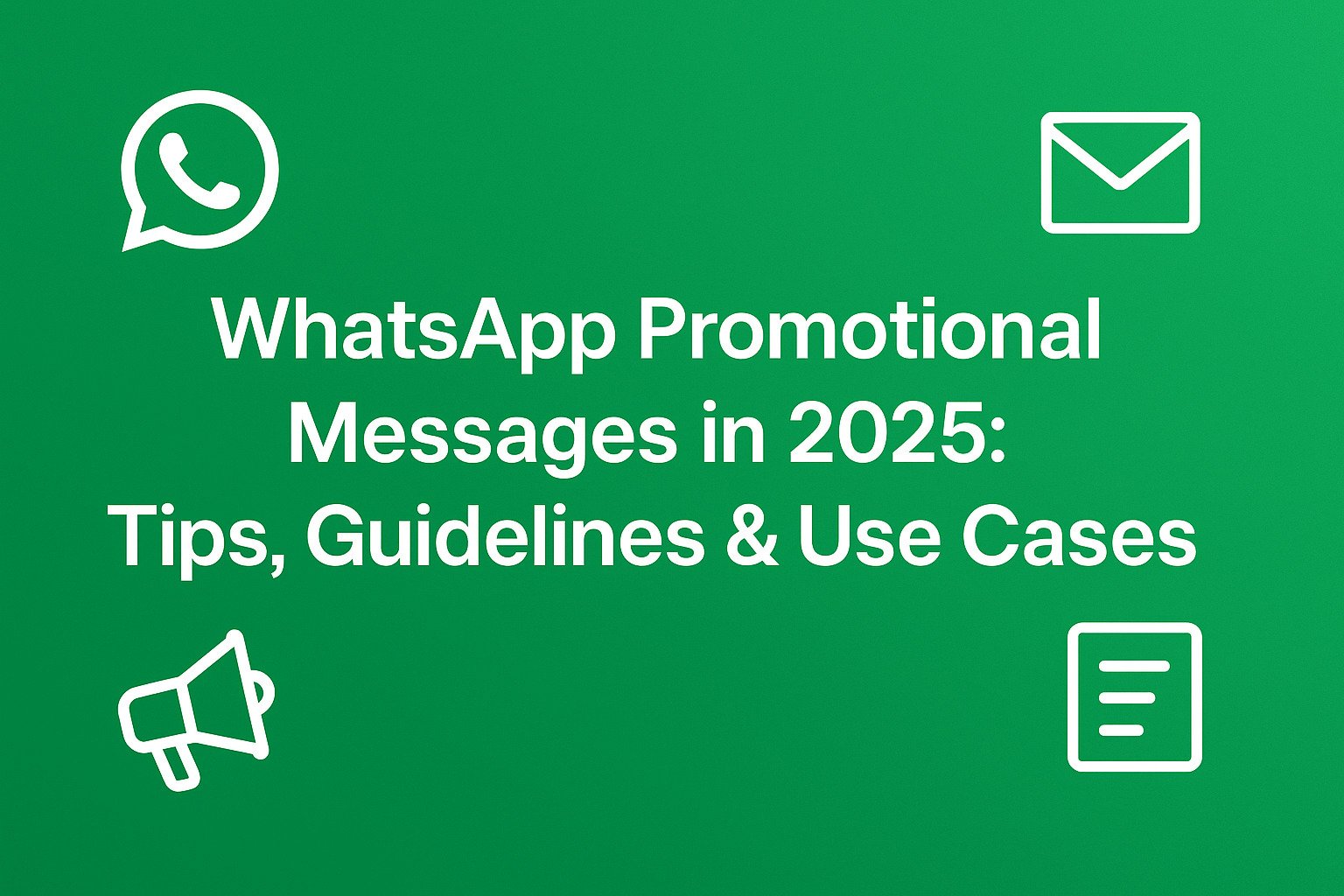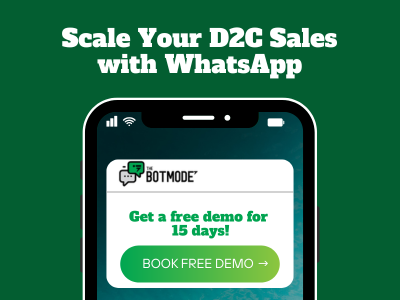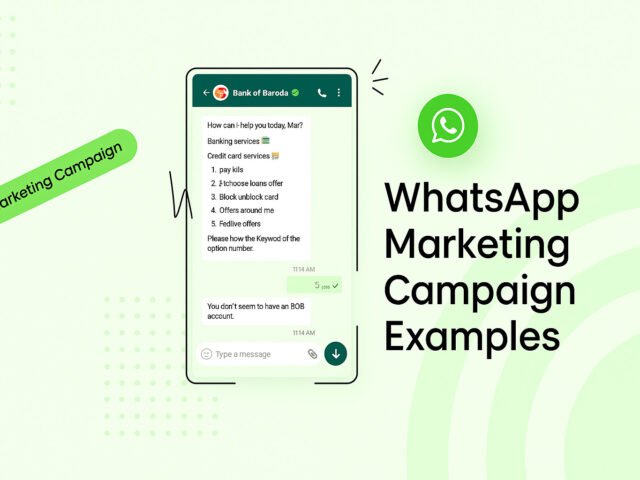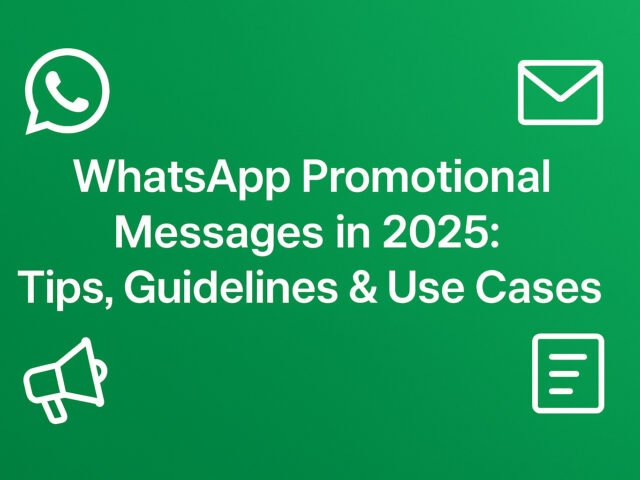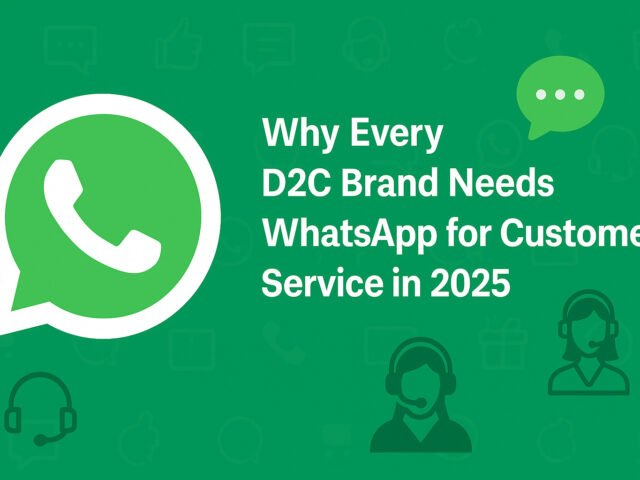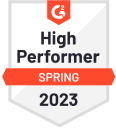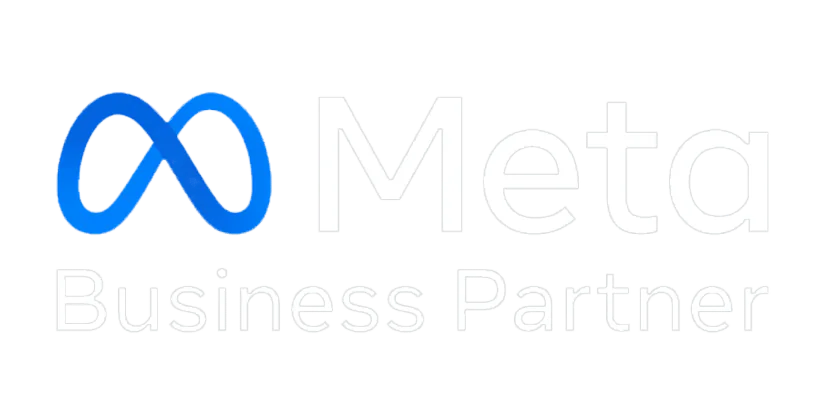The Rise of WhatsApp Promotional Marketing in 2025
In 2025, WhatsApp promotional messages have become one of the most effective channels for eCommerce and D2C brands to engage their audiences. With open rates consistently above 95%, and click-through rates up to 30%, WhatsApp has evolved from a chat app into a conversion-focused marketing platform.
But this evolution comes with responsibility. Meta has updated its WhatsApp Business Policy to ensure that brands send only relevant, opt-in, and non-spammy promotional content.
This article explores how to use WhatsApp promotional messages correctly — following guidelines, crafting high-converting messages, and using real business cases to drive growth.
What Are WhatsApp Promotional Messages?
A WhatsApp promotional message is any message sent to customers for marketing, sales, or engagement purposes. Examples include:
- Flash sale notifications
- Discount or coupon messages
- Product launch announcements
- Restock alerts
- Loyalty program updates
These messages are typically sent through approved message templates using the WhatsApp Business API and are best managed through automation platforms like official Meta partners.
WhatsApp Promotional Message Types in 2025
1. Broadcast Campaigns
Send personalized messages to multiple customers simultaneously. Ideal for new product launches, sales campaigns, and event promotions.
Example:
“Hi [Name], your favorite [Product Name] is now available again. Get 15% off today only. Order here: [link].”
2. Triggered Automations
Messages automatically sent based on customer behavior — like cart abandonment, new signups, or order completions.
Example:
“Hey [Name], you left items in your cart. Complete your purchase in the next 2 hours and enjoy free shipping.”
3. Re-Engagement Campaigns
Win back inactive customers or bring lapsed buyers back into the fold.
Example:
“We miss you! Enjoy 10% off your next order and discover what’s new in our collection.”
Meta’s 2025 WhatsApp Promotional Message Guidelines
Meta has tightened compliance rules to ensure businesses send relevant, user-consented content. Here’s what’s allowed and what’s not:
Allowed
- Customers have opted in to receive promotional messages.
- The message adds clear value (discounts, order updates, loyalty rewards).
- Personalization is used based on user behavior or interests.
- Frequency is reasonable and not intrusive.
Not Allowed
- Sending unsolicited promotional messages.
- Repeated spam or irrelevant broadcasts.
- Deceptive or misleading claims.
- Sharing sensitive personal data.
Violating Meta’s rules can lead to message template rejection or even account suspension, so it’s critical to stay compliant.
How to Create High-Performing WhatsApp Promotional Messages
1. Get Clear Opt-Ins
Before sending any promotional messages, ensure the customer has opted in — either through your website, checkout flow, or chat interaction. Clearly state what type of messages they’ll receive.
2. Use Approved Message Templates
Every WhatsApp promotional message must be sent via Meta-approved templates. Craft templates that feel natural and friendly.
Example:
“Hi [Name], we’ve got an exclusive offer for you! Shop now and save 20% on your next order. Limited time only.”
3. Personalize, Don’t Generalize
Generic messages don’t perform well. Add personal touches — name, recent activity, or product interest — to make messages feel one-to-one.
Example:
“Hi [Name], your favorite [Product Category] is on sale today. Use code SAVE10 before midnight.”
4. Add a Clear Call-to-Action (CTA)
Every message should drive a specific action — “Shop Now,” “Claim Offer,” or “Track Order.” Avoid clutter and focus on a single goal.
5. Time Your Messages Smartly
Don’t send messages at odd hours. Analyze user activity and send during high-engagement periods — typically between 10 AM and 7 PM.
6. Leverage Rich Media
Images, videos, and interactive buttons increase engagement. Use product visuals or carousel formats for better click-through rates.
Best Use Cases for WhatsApp Promotional Campaigns in 2025
1. Product Launch Announcements
Keep your loyal audience first in line for new product drops.
Example:
“New arrival alert! The all-new [Product Name] just dropped. Order now before it sells out.”
2. Exclusive Sales & Flash Offers
Drive urgency and conversions with limited-time deals.
Example:
“It’s here! 24-hour Mega Sale — Get 25% off on all items. Shop now.”
3. Seasonal Campaigns
Use WhatsApp for holiday or festive season campaigns like Diwali, Christmas, or New Year.
Example:
“Celebrate the season of gifting! Flat 20% off on our bestsellers. Offer valid till [date].”
4. Loyalty & Reward Programs
Encourage repeat purchases with reward-based promotions.
Example:
“You’ve earned 300 points! Redeem now and save ₹200 on your next order.”
5. Back-in-Stock Notifications
Bring interested buyers back the moment products are available again.
Example:
“Good news! The [Product Name] you loved is back in stock. Order now before it’s gone again.”
The Future of WhatsApp Promotional Messaging
In 2025, AI-driven personalization and smart automation will define WhatsApp marketing. Brands will rely on behavioral data to send the right message at the right time — improving engagement and reducing unsubscribes.
Meta’s ongoing updates to its Business API are making WhatsApp even more commerce-friendly, with features like:
- Product catalogs and payment buttons
- Automated checkout flows
- In-chat order confirmations and receipts
WhatsApp is no longer just for communication — it’s a complete marketing and sales ecosystem.
FAQs
Q1. Are WhatsApp promotional messages allowed in 2025?
Yes, but only if customers have opted in and messages follow Meta’s business communication policies.
Q2. What is the difference between transactional and promotional messages?
Transactional messages provide order or service-related information, while promotional messages are designed to market products, discounts, or offers.
Q3. How can I send bulk promotional messages on WhatsApp?
Use the official WhatsApp Business API through authorized platforms. This ensures compliance, delivery accuracy, and template approval.
Q4. What is the ideal frequency for promotional messages?
One to three times a week is ideal. Always prioritize quality over quantity to avoid customer fatigue.
Q5. How do I measure WhatsApp campaign success?
Track open rates, click-through rates, and conversions using analytics tools provided by your WhatsApp Business API platform.
Conclusion
WhatsApp promotional messages in 2025 represent the perfect mix of convenience, personalization, and performance. When used thoughtfully, they can transform how D2C brands engage, retain, and convert their customers.
The key lies in staying compliant, using personalized templates, and delivering value in every message you send.If your brand isn’t yet leveraging WhatsApp promotional campaigns, 2025 is the year to start — because your customers are already there, waiting to chat.

